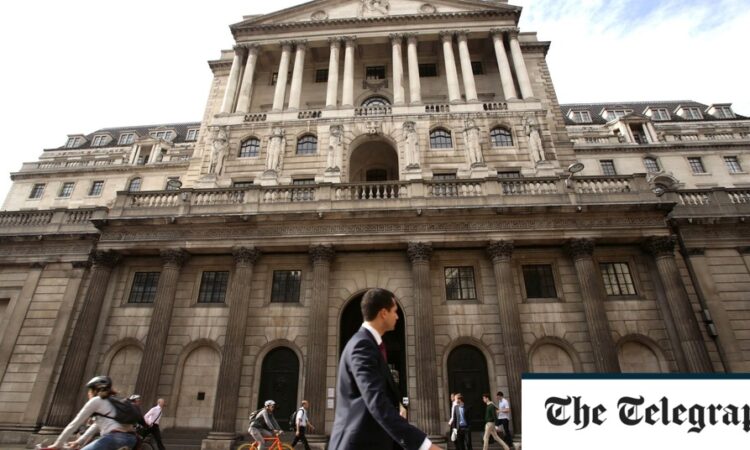
This should permit significant cuts in interest rates before too long. Again, the US should lead the way with the Fed being able to cut interest rates as early as March. The eurozone is likely to come next, and then the UK.
The key problem in Britain continues to be the stubbornness of pay inflation, which this year will not be helped by another large increase in the National Living Wage in April.
Even so, by the end of the year, CPI inflation should be down to about 1.2pc, but with the core rate considerably higher, at about 2.5pc.
There is a good chance that UK interest rates will be falling in the last few months of the year, if not much earlier.
Of course, it will probably be an election year here as well. The improving fiscal scene is likely to permit some attractive tax cuts in the budget.
Mind you, this is unlikely to amount to a significant loosening of fiscal policy, nor indeed to give much of a boost to consumer spending, because the scope for tax reductions is derived from the effects of fiscal drag, which is pushing millions of people into higher tax brackets.
It is tempting to think that the election will be a major driver of the economic outcome. In practice, I doubt that it will.
And this is not just because, despite speculation that the election may happen in the spring, the most likely date is still October. The fact of the matter is that, with few exceptions, changes of government are usually not the main drivers of big economic developments in the UK or, indeed, in most other countries.
The recent election in Argentina is an exception. So too was the defeat of Jeremy Corbyn’s Labour here four years ago, as well as Mrs Thatcher’s victory in 1979.
As the markets anticipate a Labour victory this year, there is a risk of serious financial weakness, including a much lower pound, not least because wealthy individuals and companies decide to take capital out of the country.
In practice, though, I do not think this is likely. For a start, the financial markets, private individuals and companies have surely already discounted the likelihood of a Labour victory and, accordingly, such a result should already be largely priced into current market values.
Moreover, the Labour leadership has so far done a good job of convincing both the markets and corporate Britain that they would not do anything significant to rock the boat.
It should be remembered that when Labour won in 1997, the pound was steady, equities rose and bond yields fell.
Sir Keir Starmer may not be Sir Tony Blair, but he is doing his damnedest to make it appear that he is.
Roger Bootle is senior independent adviser to Capital Economics.
roger.bootle@capitaleconomics.com






